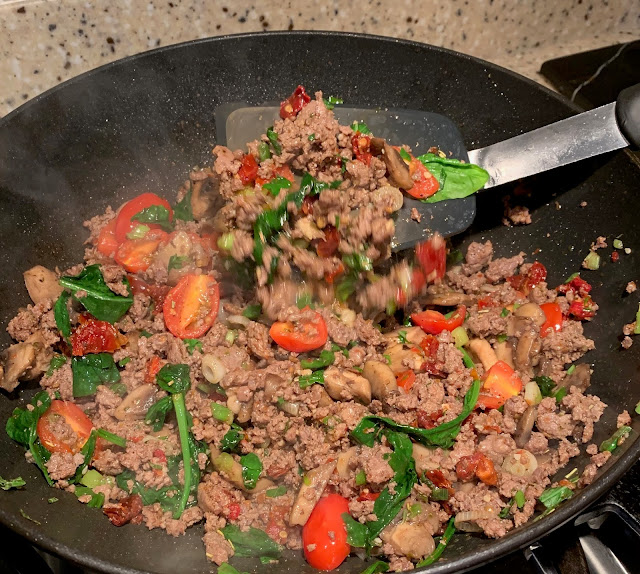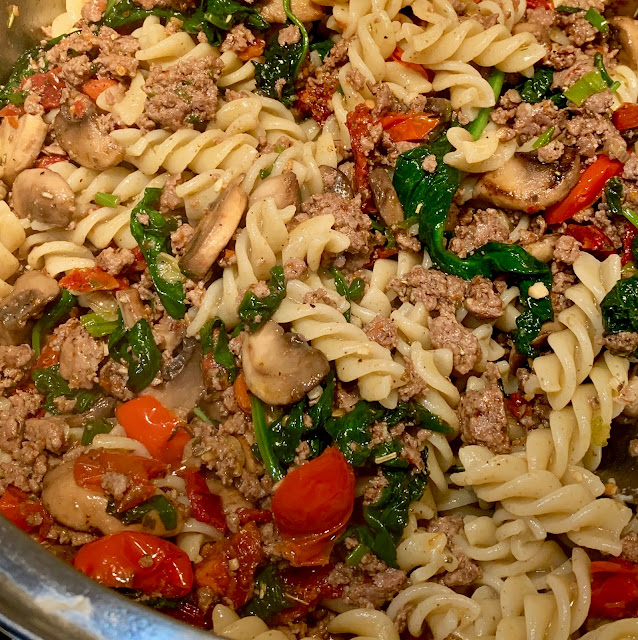A Sadness of Desire
He never wanted it to be this way. Sad. Alone. He sat at an avenue cafe, a table for one, sipping a reasonably pleasant Primitivo. His creative well, once overflowing and teeming with ideas, had become a deep darkness of soft mud. He could barely see the bottom. Didn’t bother to lower the bucket.
“Would signore care for another?”
Would he care for another? A perplexing question. Another dose of youth? A lover who couldn’t get enough of him? Another idea for a novel? Or, just another glass of wine?
“Signore?” asked the patient waitress. The gentleman came in often, every afternoon at four to be exact. He ordered wine and stared at blank pages of his notebook, gazed at passers by and generally took up space, while other crowded tables buzzed with conversation and laughter.
“Ah….sì, per favore.” Well, at least that settled that.
Why come here when it took solitude to tease and channel the creative thoughts into submission? The question had long since ceased to roll in the meadows of his mind. He came here because this noisy gathering offered a sense of measured order in a disordered life.
The questions and the answers twisted like unruly children, while his pen lay flat on the unopened notebook. He wasn’t strikingly handsome, but neither was he plain. The blush of youth had long ago faded into a cloudy, distant memory.
Three young men passed on the street, smartly dressed, coats falling casually and fashionably off their shoulders in the Italian manner, full heads of dark hair, the thinness of GQ models, smiles as bright and reflective as newly fallen snow. The waitress smiled back in a shy, yet fully cognitional manner.
“Come with us!” One of the young men yelled out, still flashing his smile, while beckoning with a waving palm.
The waitress spread her arms wide. Oh the abundance of patrons. A hopeless situation.
“I’ll be back,” the young man called, “with flowers and wine!”
The waitress laughed demurely in a “We’ll see,” kind of way, but at the same time opening a floodgate of possibilities.
The man at the table picked up his pen and opened the black notebook, filled with blank, unlined pages. A story passed through his head as though already written. The story of Vincenzo and Paula wandered in, line by line. The meeting at the spilling of red wine on Vincenzo’s white slacks that had cost him nearly a week’s wages. Her dark eyes and the way her black hair spilled over her shoulder, when she leaned toward him with the offer of a red cloth napkin and a basket of soft apologies.
“What is that cologne?” he asked.
She wore no cologne. Only the fragrance of love, which descended upon him so quickly and carelessly, like a spring bouquet of mountain flowers.
From the table behind the man, a female voice called out. “David?” which she pronounced in an Italian accent, Da-veed.
The spell was broken. Vincenzo and Paula disappeared in the smoky vapor of torched ideas.
The voice was familiar. He turned. Clara. His former lover’s friend. The memories floated back, wrapping him in creative chains.
Clara, had the air of a know it all, a gossipy woman, ten years his senior, whom he trusted less then an angry boar. Always a quick smile and a brush of her hand on his wrist, as if she longed to have met him before Pané had dragged him into a dreamland of late night adventures, and train rides to the coasts of beauty, and an intro to Italian culture one would never find in a classroom, or even a very naughty book. It was the Italy of carefree coupling, stays in stone, vineyard-based accommodations, and sleeping until noon, and introductions to more Italians then he could remember. Pané seemed to know everyone, everywhere. Artists, writers, patrons who clung to their long lost royal heritage. It was a dream world where David could be himself. Being himself meant writing profusely.
That all changed, when…well, he need not think of it now.
He had never been remotely attracted to Clara. Not even in passing. Not even drunk. Certainly not now. She was one of those women for whom the phony was reality.
“So, how have you been?” Clara crooned in Italian. She had a preconceived sorrowful look of knitted eyebrows, and thin lips, always halfway hopeful she would hear a tearful tale she could repeat to anyone who would listen.
“Have you heard from Pané?” she continued, her smile regaining the advantage. “You know she’s still with that horrible man. He treats her so roughly and you were so loving.”
David made a split second decision not to slap her hard enough to stun a bull and impale a picador with his own pica.
“Let’s talk about something more pleasant,” David said, with the underlying promise to snuff out her unbearable life if she didn’t change the subject.
“Perhaps we could meet for a wine? Do you come here often?” Clara breezed on as if the time and date had been sculpted by Michelangelo.
Instead, let’s meet in a more private place, he thought, where I could watch you molested by Jojo, the silver back gorilla, but the words came out so civilly even he was surprised. “I can’t tomorrow.” He let the last word drift into a chasm of uncertainty. “Normally, I don’t come here,” he lied. “I don't live close.” He felt safe, knowing she didn’t live here either.
“Where do you live?” She persisted, her dark eyes boring like a drill press. He was surprised she didn’t lick her lips at the mere thought of scraping up more manure to spread around her gossipy garden.
David glanced at his watch. “Would love to chat, but…..” another sentence trailed into oblivion. He stood. “Nice to see you, Clara.” About as nice as a doctor telling you herpes isn’t fatal.
They kissed on both cheeks. He felt a heavy dose of powder on his lips, but stifled the urge to wipe it off.
God, he had to get back to his apartment! The vision of Vincenzo and Paula and now her evil, intrusive, psycho mother was tumbling out in whole paragraphs.























